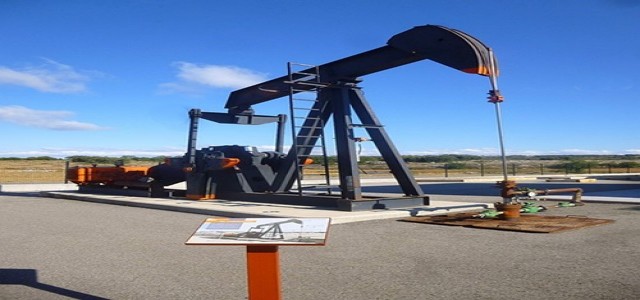
Researchers have recently advised that about 90% of coal reserves and 60% of oil and gas reserves must be kept underground to keep global warming below 1.5 degrees Celsius.
The prediction is based on a thorough examination of global energy supply and demand. Researchers describe it as a harsh but accurate evaluation of what science suggests is required.
Researchers have also drawn a future picture that shows significantly less opportunity for fossil fuel extraction than previously thought.
According to scientists, keeping global warming to 1.5 degrees Celsius will help the globe avoid the worst effects of climate change.
Globally, researchers predict that fossil fuel output should have peaked in 2020 and then steadily drop at a rate of 3% per year until 2050.
Dr. Steve Pye, Associate Prof. of Energy Systems at UCL, says that they have seen a significant drop in extraction output due to the COVID pandemic, but that's beginning to rebuild.
The study focuses on how much energy is necessary and what the carbon emission threshold must be.
Published in the journal Nature, the study also discovered that the global reduction in oil and gas production required by 2050 - to stay within that tight carbon budget - means many locations are approaching or have already reached optimum production.
For the uninitiated, a carbon budget is the total quantity of CO2 that can be released over time while staying below a temperature limit, in this case, 1.5 degrees Celsius.
Many existing or proposed fossil-fuel extraction projects are likely to endanger the world's potential to reach the internationally agreed global warming target limitations set by the 2015 Paris Agreement.
In addition, according to the experts, this harsh image is quite likely an underestimate of what is necessary.
The carbon budget estimated by the modelling gives the globe a 50% chance of staying below 1.5 degrees Celsius.
Source Credit - https://www.bbc.com/news/science-environment-58494391